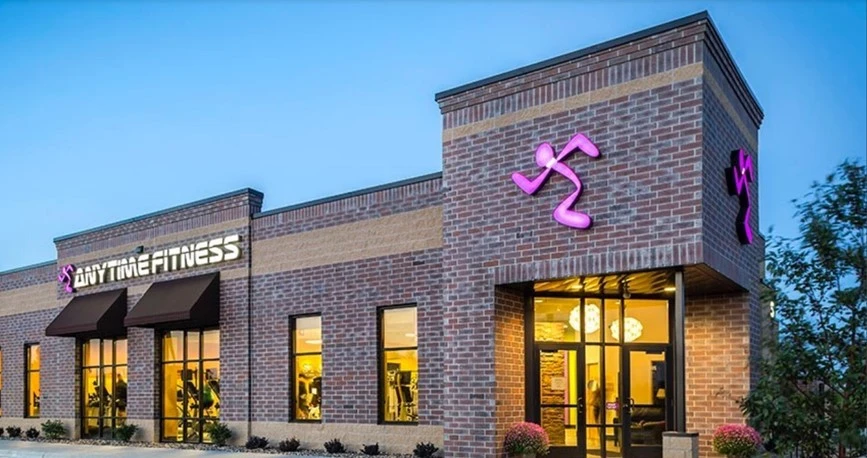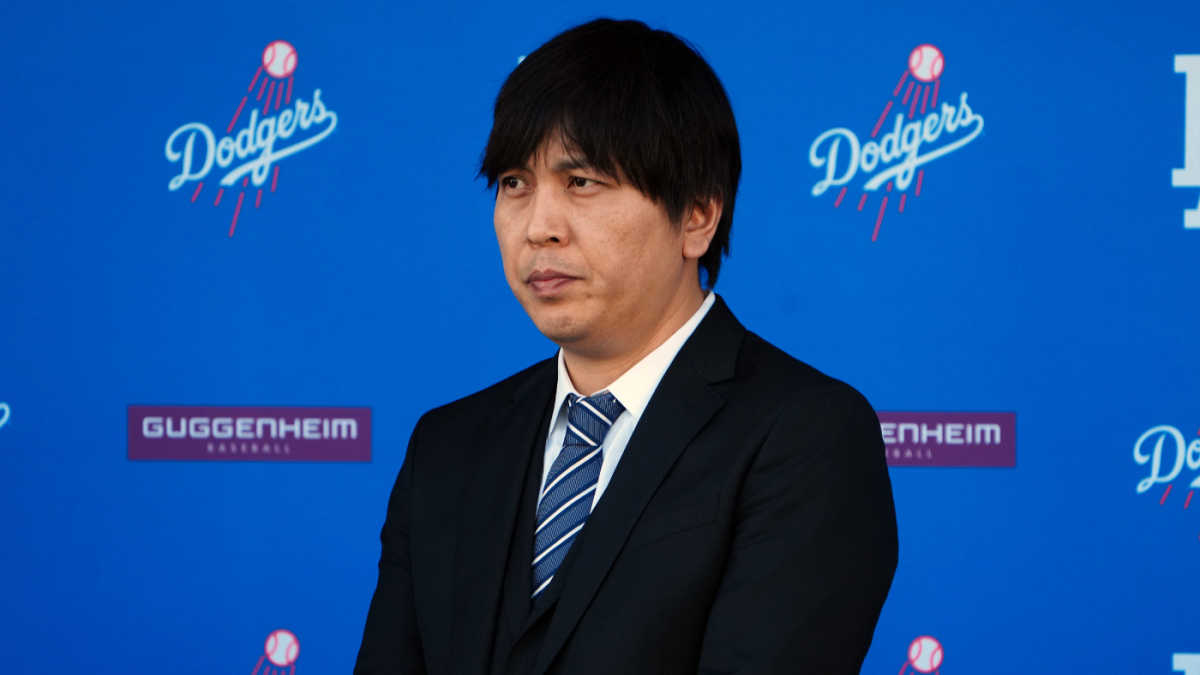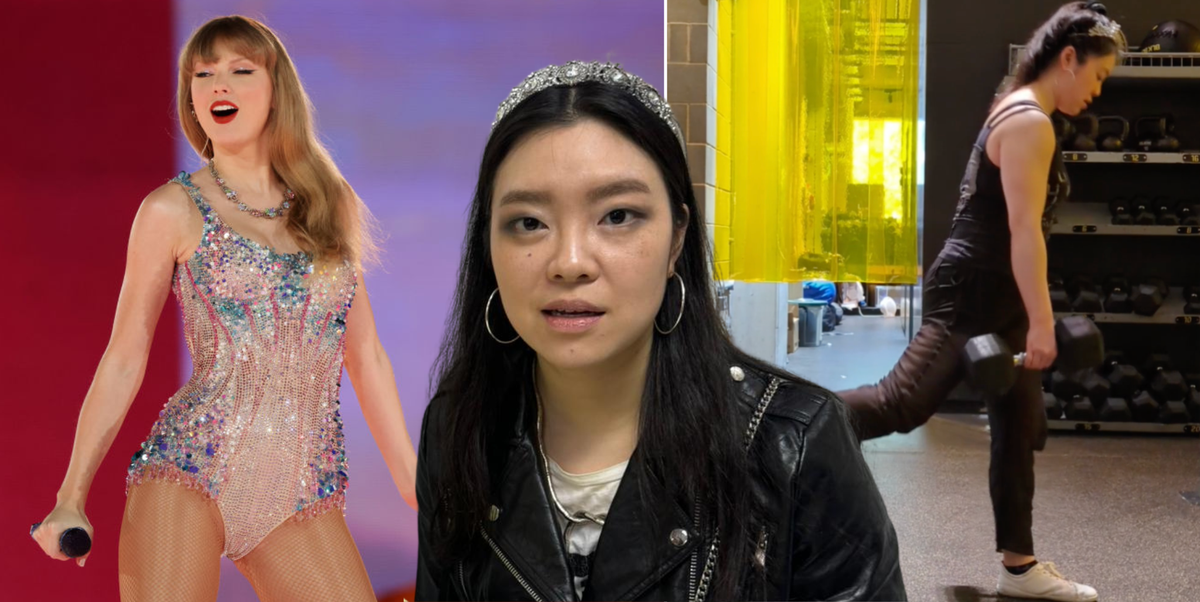Sports
Ryan Smith’s growing influence in the sports industry
Billionaire Ryan Smith burst onto the national sports scene when he bought the Utah Jazz in 2020.
After shelling out $1.6 billion for the NBA franchise, the 45-year-old co-founder of Qualtrics and his wife, Ashley, bought Real Salt Lake for about $400 million and revived the Utah Royals of the NWSL for $2 million. He teamed with private equity investor David Blitzer, co-managing partner of the NBA’s Philadelphia 76ers and NHL’s New Jersey Devils, on the latter deals.
Just last week, the Smiths completed a unique $1.2 billion transaction to move the Arizona Coyotes hockey team to Salt Lake City.
Owning four sports franchises, including two among the “Big Four” leagues in the country, places Smith in some elite company. Few people own multiple major league teams. As Front Office Sports put it, his company, Smith Entertainment Group, is “already starting to stack up nicely against rival heavyweights in the industry,” including Kroenke Sports & Entertainment (L.A. Rams, Denver Nuggets, Colorado Avalanche, Colorado Rapids) and Fenway Sports Group (Boston Red Sox, Pittsburgh Penguins, Liverpool FC).
But is it too soon to call Smith a power broker in the sports industry?
“Smith is a rapidly emerging and important voice throughout the sports industry. While his stature is certainly already high, it will grow much higher over time as he further entrenches himself in league matters,” David Carter, principal at The Sports Business Group and an adjunct professor of sport business at the University of Southern California, told the Deseret News via email.
“As his tenure as an owner increases over time, his influence over league policy and related issues will also grow, provided his ownership has been successful. It’s the combination of franchises owned and how they have been run, as well as and the length of ownership that results in true power broker status.”
Time to rebuild
While the Jazz have struggled on the court the past couple of seasons, fans continue to pour into the Delta Center. The building has sold out for 291 consecutive games. But Smith isn’t letting the team languish. He brought in Danny Ainge, who assembled a championship team in Boston, to retool the Jazz into a contender again.
Like the Jazz, the Utah hockey club is in rebuild mode. Nevertheless, the team, which as the Arizona Coyotes failed to make the playoffs 11 of the past 12 seasons, is off to a fast start among fans with more than 29,000 deposits for season tickets, nearly doubling the arena capacity for hockey. On Wednesday, thousands of people gathered inside and outside the Delta Center to celebrate the team’s arrival in Salt Lake City.
Carter said the city can sustain both the NBA and the NHL, especially if Smith succeeds in not only captivating everyday fans, which he has done since the announcement of the new hockey franchise, but also corporate fans and sponsors.
“Because Salt Lake City is a growing market, well beyond its roots as a winter sports destination, it has become a strong corporate hub. So the upside is certainly there,” he said.
David Berri, a Southern Utah University economics professor who specializes in sports economics, said NHL hockey is viable in the Beehive State.
“Certainly, when it starts it’s going to be huge because there’s a lot of excitement. Salt Lake City is gradually becoming this major city. I think that’s what these sports teams infer upon you is that kind of status where you’re a major city now,” he said.
The key, he said, is what happens going forward.
“In order for it to work, and this is how fandom works, you have to get the fans addicted to the franchise. That takes some time,” Berri said.
And, of course, the team has to win. Berri said winning drives fan demand more than anything else, though he noted the Jazz have enjoyed fan support even as the team hasn’t been successful of late.
Billionaires club
Smith made his money in Utah’s fertile tech sector. He launched Qualtrics, a business survey/analytics company, with his father, Scott, his brother, Jared, and another business partner in 2002. They sold the company in 2018 for $8 billion.
Forbes estimates Smith’s net worth at $2.2 billion, which doesn’t even crack its list of the 20 richest sports franchise owners. Los Angeles Clippers owner Steve Ballmer tops the group with an estimated worth of $121 billion, according to Forbes. But unlike Smith, Ballmer only owns one team. Sport Business Journal last December named Blitzer, Smith’s co-owner in RSL and Royals FC, as among the most influential owners in sports along with his partner, Josh Harris, in Harris Blitzer Sports & Entertainment.
Berri said while it’s unique for a sports franchise owner to have four teams, he doesn’t know if that makes Smith a power broker. But he does have some thoughts about why multibillionaires buy professional sports teams: It makes them happy and allows them to be part of something cool.
“They’re not doing this as an investment,” he said.
Billionaires already have money. They could put all of it into an index fund and just hang out on the beach, Berri said.
“These are giant fantasy teams that are real that they get to play with,” he said. “It’s not a cardboard factory. That’s not what they’re buying here. They’re not manufacturing paper. This is something that to them they get a great deal of enjoyment out of. And if it makes money, I guess that’s a bonus.”
A community asset
For his part, Smith has said something along the lines of “What else am I going to spend money on?” He has roots in both basketball and hockey. He played Jr. Jazz growing up, as well as some roller hockey.
Ashley Smith said at a press conference last week that the purchase of the Coyotes came up in conversations in the kitchen, much as they did before they bought the Jazz. “So my biggest commitment after today is we will no longer be having conversation at the kitchen table,” she quipped. She said what they have learned the past few years with the Jazz has been “incredible and priceless and hard and wonderful.” She said they are up to the task of being “stewards” of the NHL team. She said they want to use the platform to do good and unite people in a divisive world.
“We all get to come together around basketball and we all get to come together around hockey,” Ashley Smith said.
Ryan Smith said the hockey team will bring 40 or 50 more nights of entertainment to downtown Salt Lake City, which he says needs to be reimagined. “I think we’ve been here and wanted more. We are more. We can be more,” he said at the same press conference.
He also said he wants to grow youth hockey in the state on a level with Jr. Jazz, which has 70,000 young participants. He said he plans to build community rinks, like the NHL’s most recent expansion teams, the Vegas Golden Knights and Seattle Kraken, have since joining the league. “Actually, that’s probably some of the most exciting parts of this for me, because I just know it’s going to work, and I know people are going to want that,” he said.
“This is truly a community asset,” Smith said. “It is for the community.”









